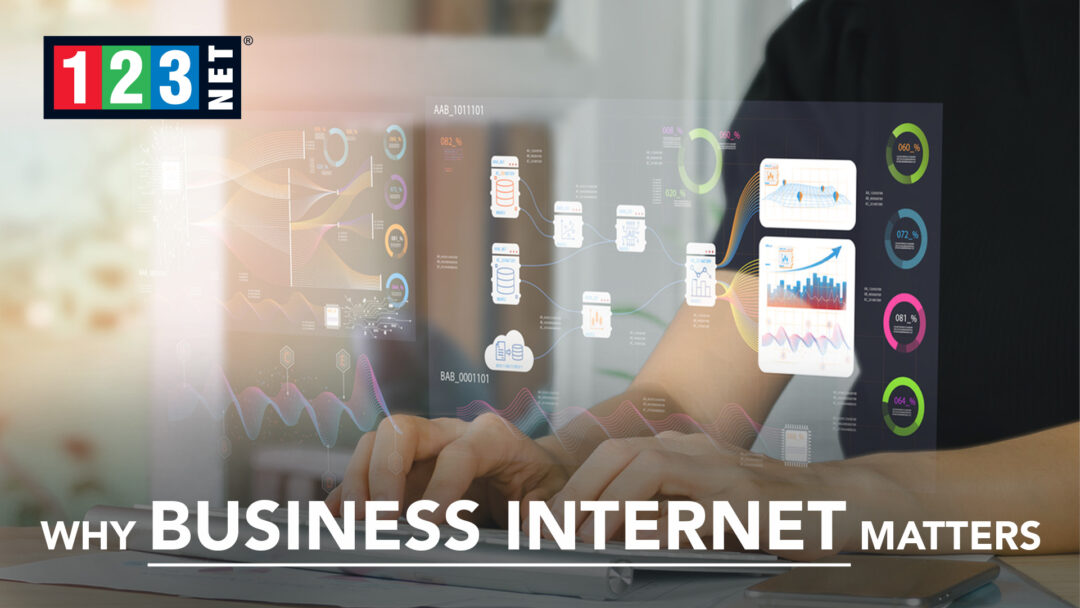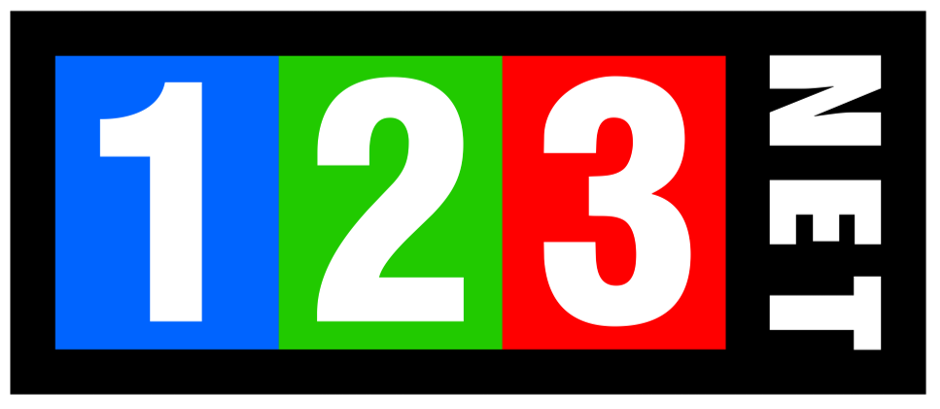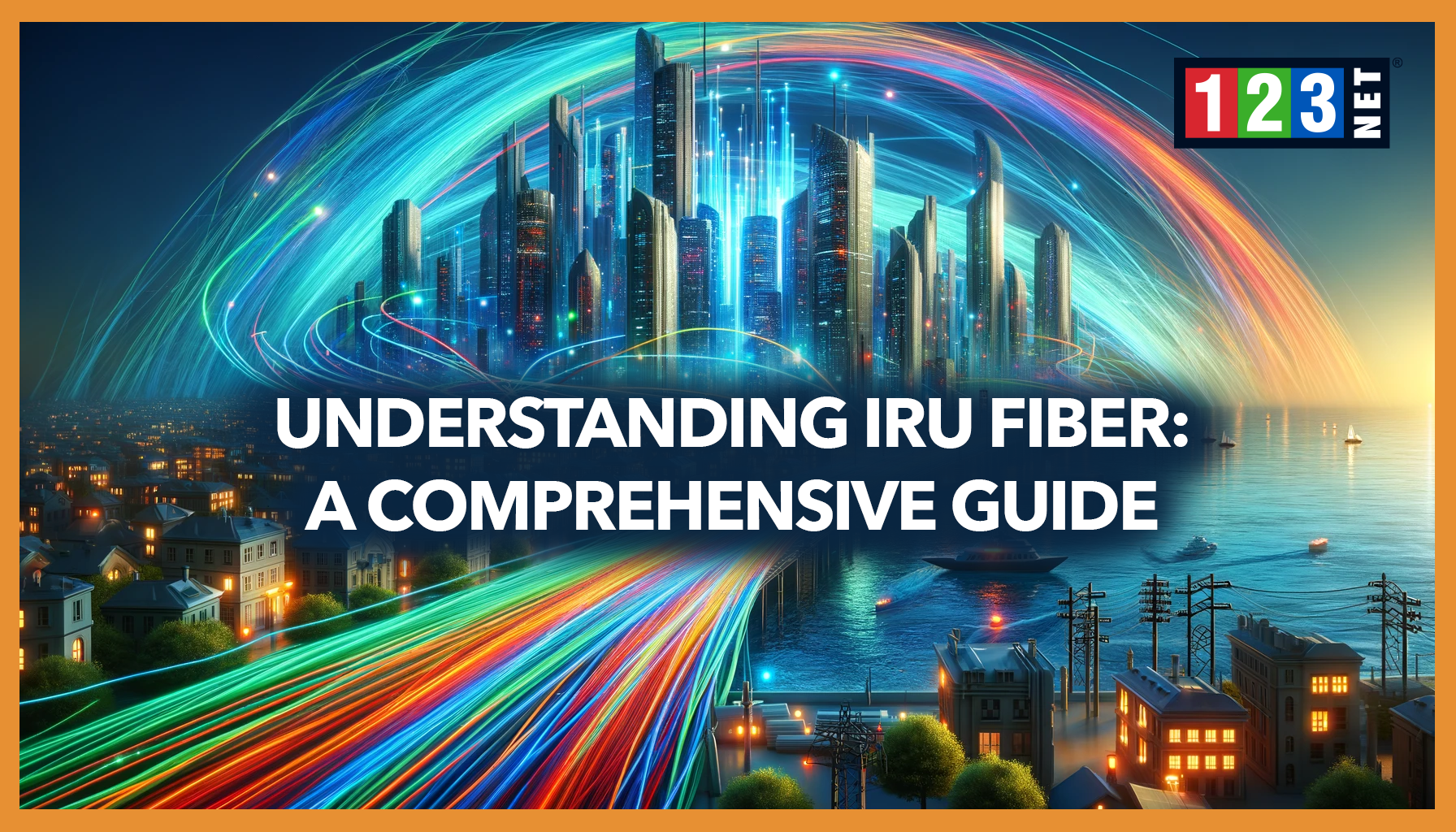
At home, a slow or spotty internet connection might mean a delayed movie night or a frozen Zoom call. In business, it can mean lost sales, missed deadlines, and frustrated customers.
As your company grows, the internet connection you started with might no longer be enough. But how do you know when it’s time to upgrade—and what does “business-grade” internet really mean? Often the same connections that you have in your household, are the same connections powering your business – with the same problems that come with shared internet.
Residential vs. Business Internet: What’s Really the Difference?
Your internet connection might be fast—but is it reliable, secure, and designed for business-critical operations? Many growing companies assume their home-style connection will hold up in a professional setting. But here’s where the differences start to matter:
1. Bandwidth Allocation
- Residential Cable Internet: Your connection is shared with dozens (or hundreds) of nearby homes. During peak hours—like evenings or weekends—your speeds can drop dramatically because everyone’s competing for the same bandwidth.
- Business Fiber Internet: With dedicated bandwidth, your speeds stay consistent 24/7. You’re not sharing with your neighbors, so performance isn’t affected by external traffic spikes.
2. Speed Symmetry
- Residential Cable Internet: Most home plans offer asymmetrical speeds—fast downloads, but slow uploads. This works for streaming Netflix but not for running cloud apps or video conferencing.
- Business Fiber Internet: Business fiber connections offer symmetrical speeds, meaning upload and download are equally fast. This is essential for video calls, large file transfers, remote desktop access, and real-time collaboration.
3. Service Level Agreements (SLAs)
- Residential Cable Internet: There are no guarantees. If your service goes down, you’re placed in a general support queue. Outages may take hours—or even days—to resolve.
- Business Fiber Internet: Comes with SLAs that guarantee uptime (often 99.99%) and include response time commitments. If there’s an issue, it’s resolved fast—with minimal disruption to your business.
4. Static vs. Dynamic IPs
- Residential Cable Internet: Typically includes dynamic IP addresses, which change periodically. This can create issues for VPN access, hosting, and remote system control.
- Business Fiber Internet: Often includes static IPs—essential for hosting email servers, VPN access, secure connections, and advanced network configurations.
5. Customer Support Access
- Residential Cable Internet: Support is limited to call centers, with longer wait times and generalized help.
- Business Fiber Internet: Business customers get priority support from trained professionals, dedicated account reps, and often 24/7 local technical assistance.
6. Equipment and Installation
- Residential Cable Internet: Basic modems and routers, often self-installed with limited configuration options.
- Business Fiber Internet: Professional-grade equipment is installed by certified technicians, tailored to your space and technical needs, and supported by a dedicated team.
The Consequences of the Wrong Connection
Imagine this:
Your sales team is mid-presentation, walking a high-value prospect through a customized demo over Zoom. It’s taken weeks to set up the meeting, and you’re seconds away from the big close. Then—it happens. The screen freezes. The audio stutters. Your team gets booted from the call entirely.
You scramble to reconnect, but by the time you’re back online, the momentum is gone—and so is the client’s confidence.
Now multiply that across your business.
- Dropped video conferences during investor updates
- Lagging VoIP calls with frustrated customers
- Inaccessible cloud files during peak collaboration hours
- POS system slowdowns when lines are long and customers are waiting
- Missed backup windows that leave you vulnerable in a cyber incident
These aren’t just technical hiccups—they’re lost opportunities, reduced productivity, and real hits to your reputation.
All because your internet connection wasn’t built for the demands of your business.
Why Michigan Businesses Choose 123NET
123NET understands that your internet isn’t just a utility—it’s your business’s backbone. That’s why 123NET delivers business-grade connectivity that scales with you.
Here’s what sets 123NET apart:
✅ Fiber-First Infrastructure – Lightning-fast, symmetrical speeds that support everything from cloud computing to VoIP.
✅ Guaranteed Uptime – With SLAs that promise 99.99% availability, your business stays online.
✅ Local Support That Gets It – 123NET is Michigan-based, so when you call, you get someone who understands your market—and acts fast.
✅ Flexible Solutions – Whether you’re a startup or a multi-site enterprise, 123NET Tailor Solutions that grow with you.
Your Next Step Toward Reliable Connectivity
You’ve worked hard to grow your business. Don’t let unreliable internet hold you back.123NET is here to provide the fast, reliable, and business-grade internet your company needs to thrive—today and tomorrow.
Check to see if your business qualifies! https://www.123.net/internet-service-locator/




